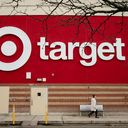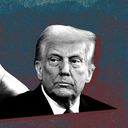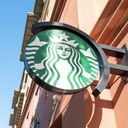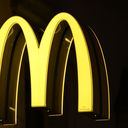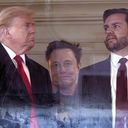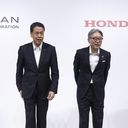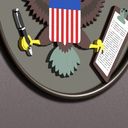NYSE launching stock exchange in Dallas
The New York Stock Exchange is announcing plans to launch an equities exchange in Texas.
Why it matters: The move comes amid growing interest in corporate America in locating operations in Texas, viewing the Lone Star State as business friendly.
Zoom in: The NYSE, part of the Intercontinental Exchange, said it will launch NYSE Texas based in Dallas.
- The "fully electronic" exchange — which will provide a venue for listing and trading securities — will mark the reincorporation of NYSE Chicago in Texas.
- "As the state with the largest number of NYSE listings, representing over $3.7 trillion in market value for our community, Texas is a market leader in fostering a pro-business atmosphere," NYSE Group President Lynn Martin said in a statement.
State of play: The move comes less than two weeks after TXSE Group announced it had filed a Form 1 registration with the SEC to launch the Texas Stock Exchange, also in Dallas.
- TXSE, which has raised $161 million in capital, has landed investments from the likes of BlackRock, Citadel Securities and Charles Schwab.
What they're saying: "We have known all along that Texas is the best place to do business," the Texas Stock Exchange said today in a statement in response to the NYSE announcement.
- Texas Gov. Greg Abbott told CNBC in 2024 that rules involving environmental, social and governance, or ESG, served as an impetus to create a stock exchange in the state: "We need to make sure that Texas companies, and companies similarly situated, are not going to be cut off from capital markets in New York with policy decisions made from the left in places like New York."
The big picture: Companies and organizations frustrated with what they view as an anti-business atmosphere in other states have been increasingly drawn to Texas.
- Elon Musk last year secured shareholder approval to reincorporate Tesla from Delaware to Texas after a Delaware judge rejected his pay package.
- The WSJ reported Jan. 31 that Facebook owner Meta is also weighing reincorporating from Delaware to Texas.
- A slew of companies have moved global or U.S. headquarters to Texas in recent years, including Chevron, Caterpillar and Toyota.
🥊 Reality check: The New York Stock Exchange and Nasdaq are the entrenched leaders in a space that has not seen significant disruption in decades for a reason: They're really good at what they do.






